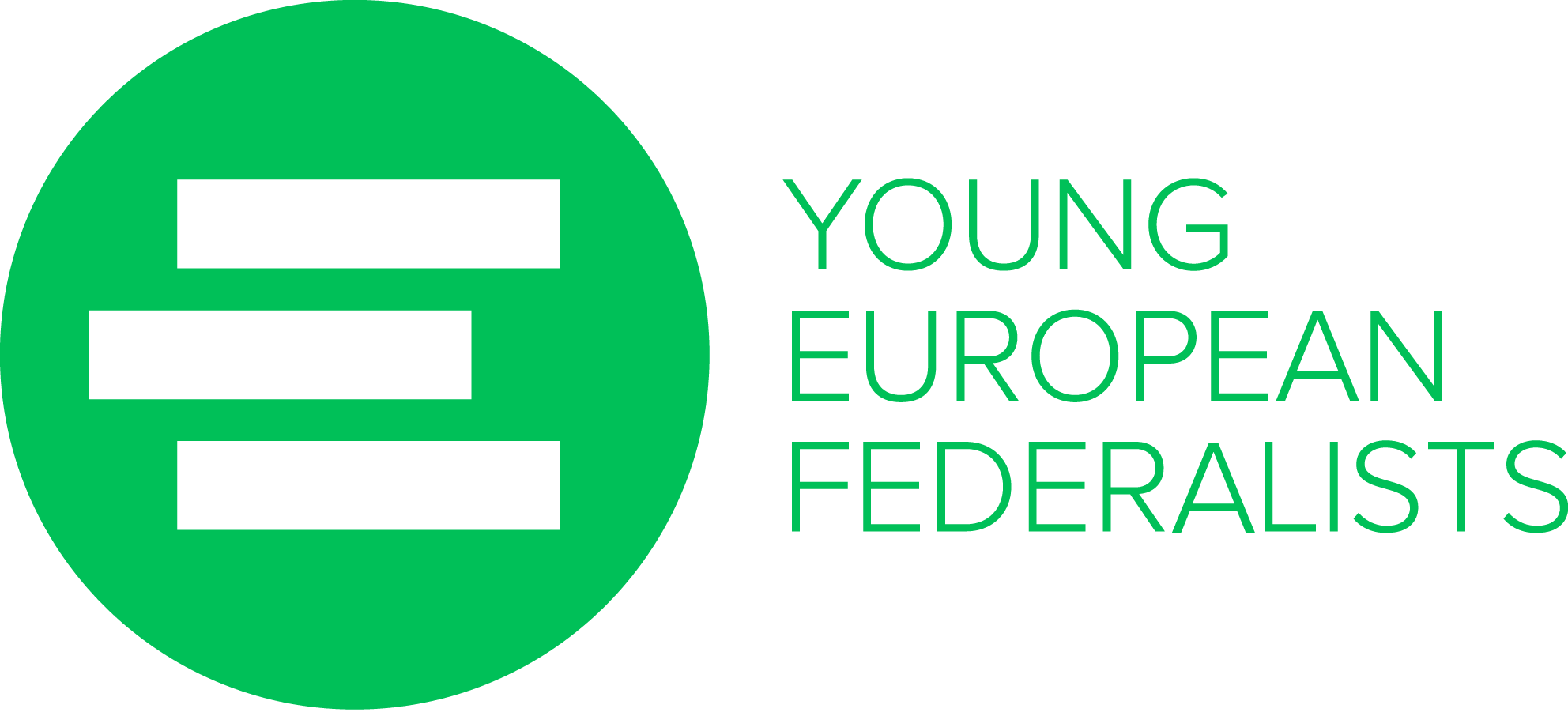gr8ful
by Chloe Frances
The Future of the European Union is Federalization
The European Union has changed a lot since the end of World War II. It started as a simple agreement about coal and steel, but now it is one of the most ambitious political projects in history: bringing together 27 countries with the same laws, market, values, and vision of peace.
But the problems of the 21st century, like climate change, global competition, defense, migration, artificial intelligence, and great-power politics, are showing how the current system isn't working. A group of 27 governments that often act on their own can't keep up with a world that is changing quickly.
Why Federalization?
Federalization means sharing power between local, national, and European levels. This way, instead of 27 countries each doing their own thing, the EU could work as one and speak together on global issues.
We're not trying to erase identities or nations; we're just pooling our power where it makes us stronger and letting local decisions stay where they belong.
Shared Defense, Shared Security
The EU spends more than €230 billion a year on defense, which is about two-thirds of what the US does, but Europe's military power is much lower. Why? Because it's broken up into 27 armies, 178 weapon systems, and different doctrines and logistics.
A federal defense system would change everything:
- United European Armed Forces with one command.
- One President-Commander-in-Chief, elected directly by the EU citizens.
- Shared costs that free smaller nations to invest more in growth and innovation.
Europe would be able to defend itself militarily, strategically, and much more efficiently if they worked together. It’s one of the strongest practical arguments for federalization, and it's already being talked about in Brussels.
Stronger Economically
Federalization is not just security.
- A unified EU fiscal policy and shared budget would enable large-scale investment in green energy, artificial intelligence, and strategic infrastructure
- Common industrial and innovation strategies would make Europe competitive with the U.S. and China.
- Shared financial capacity would stabilize economies and reduce inequality between regions.
For smaller member states, this approach would entail pooling resources into a centralized EU defense fund - supporting a unified European military force, rather than shouldering the financial burden of independent national militaries. Notably, this model aims to maintain, rather than diminish, collective security.
One Voice, One Democracy
The European Union has long since evolved beyond a simple trading partnership; today, it encompasses governing institutions, a central bank, a judicial system, and a complex web of shared legislation. Yet despite these advancements, the EU’s current decision-making mechanisms remain hamstrung by the need for unanimous agreement among its 27 member states. A process that is notoriously inefficient.
Adopting a federal structure would fundamentally streamline the system. Rather than maintaining 27 fragmented foreign policies, the EU would speak with one unified voice on the world stage. Direct elections for an EU president would empower citizens, providing a clear mandate and reinforcing democratic legitimacy.
Such reforms wouldn’t dilute democracy, in fact, they would enhance it. Accountability would be transparent; European citizens would finally have a concrete answer to the question: "Who’s responsible for what happens in Europe?" Both achievements and failures would be traceable to specific actors, strengthening the Union’s credibility and connection with its people.
One Language
Contemporary European youth communicate with remarkable ease in English, fundamentally shifting how individuals from diverse backgrounds interact. This shared linguistic platform facilitates cross-border study, international collaboration, and friendship formation processes that bypass linguistic barriers. English, subtly operates as a catalyst in nurturing a pan-European consciousness.
English becomes the medium of exchange. This tendency extends to discussions on policy, technology, or security domains that increasingly unfold in a language accessible to all participants. The result is an emerging sense of shared identity, one not strictly tethered to national boundaries, but shaped within a common civic framework.
As these linguistic borders continue to fade and personal identities overlap, proposals for deeper political integration acquire tangible immediacy. The dissolution of language barriers, in combination with prevailing geopolitical dynamics, helps transform the prospect of European federalization from an abstract ideal into a pragmatic next step for the continent.
A United Europe in the World
A federal Europe would finally be able to:
- Act decisively on foreign policy.
- Secure its borders and defend its interests.
- Lead in technology, climate, and human rights.
- Negotiate with the United States, China, and others as an equal; not as 27 separate actors.
Europe’s weight in the world would match its population, economy, and values.
How Can You Support the Idea
If you believe in a stronger, more united Europe, there are real ways to help:
- Join organizations like the Union of European Federalists (UEF) or the Young European Federalists (JEF).
- Sign petitions calling for treaty reform and federalization.
- Talk about these ideas with friends, colleagues, and online communities.
- Vote for parties and candidates that support a federal vision.



A New Chapter for Europe
The question isn’t if it will happen.
The question is
how soon we’re ready to make it happen.




